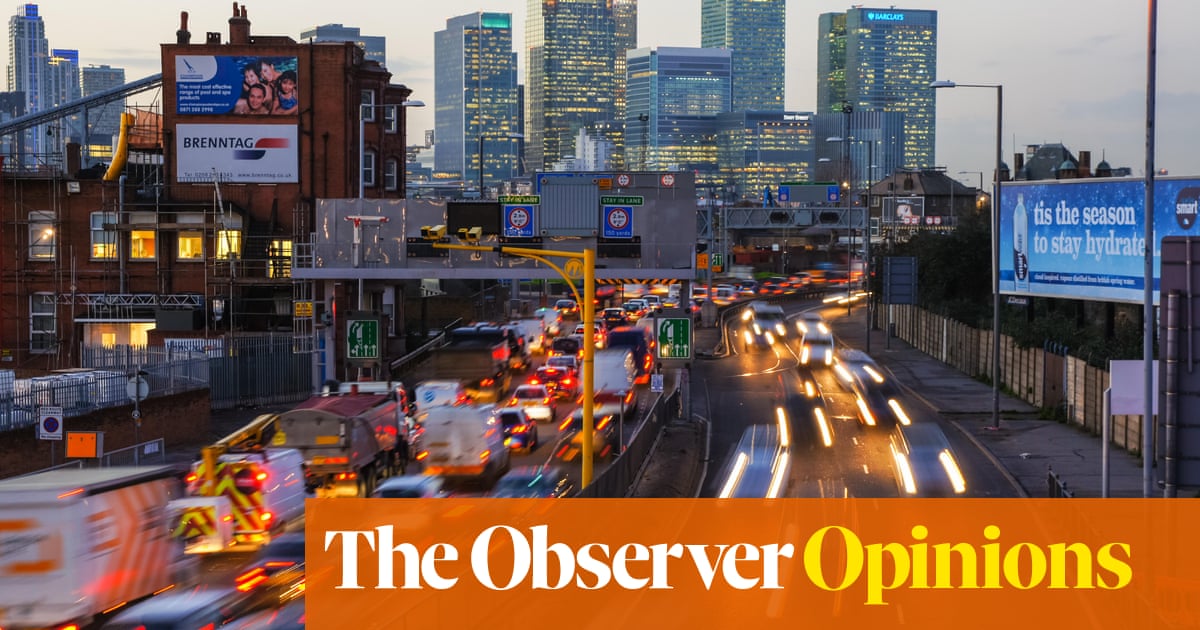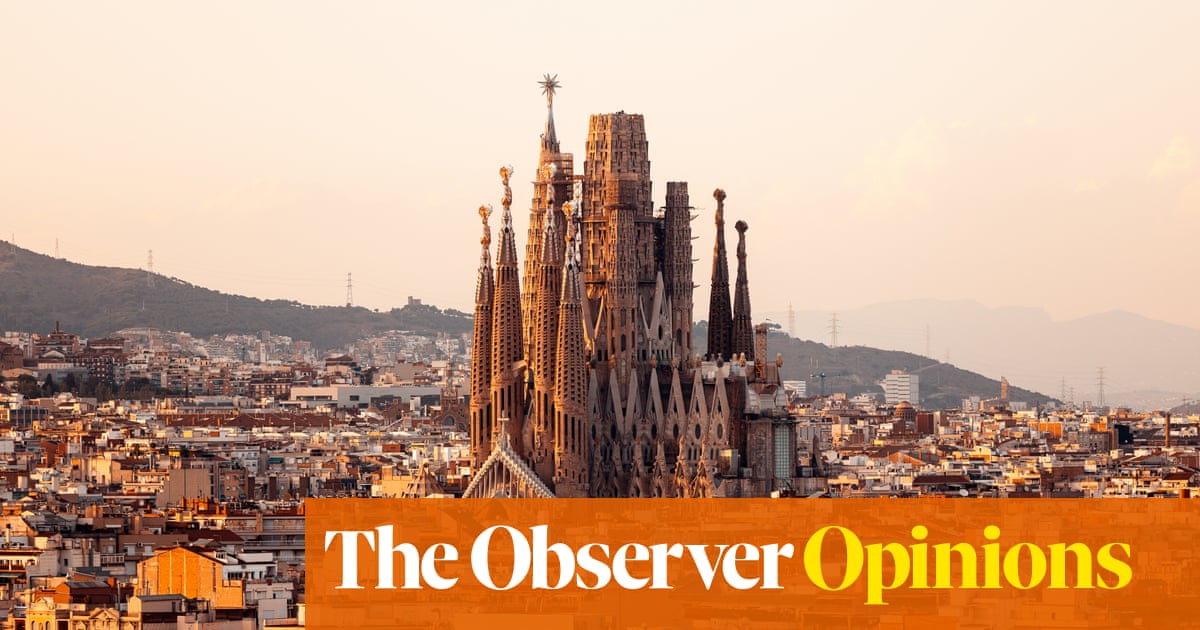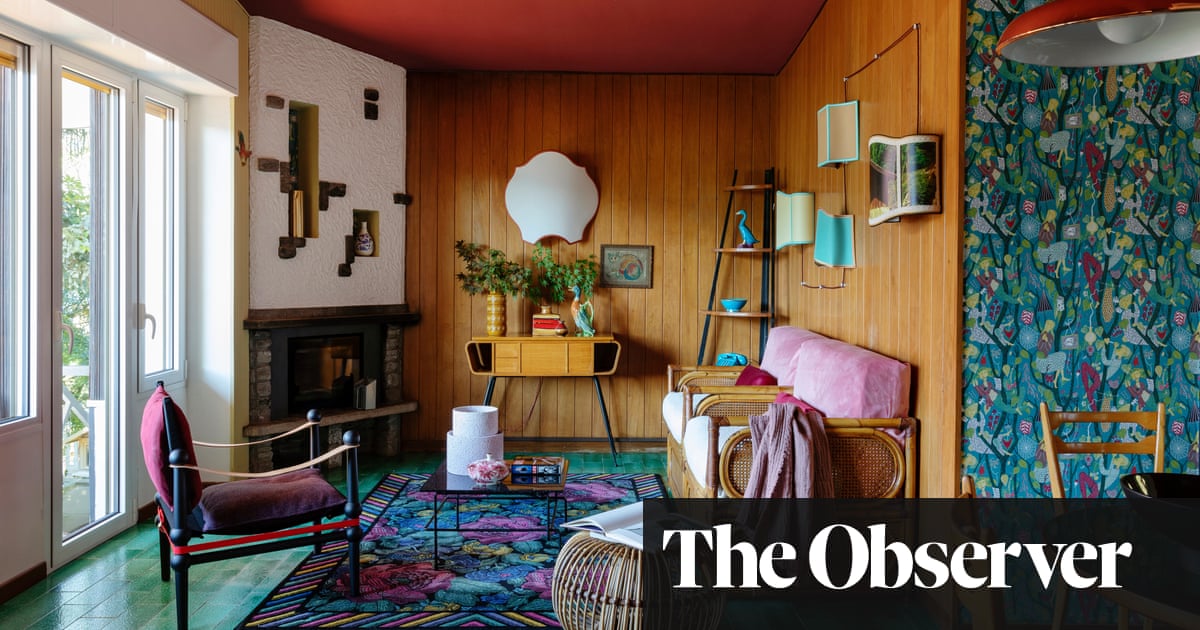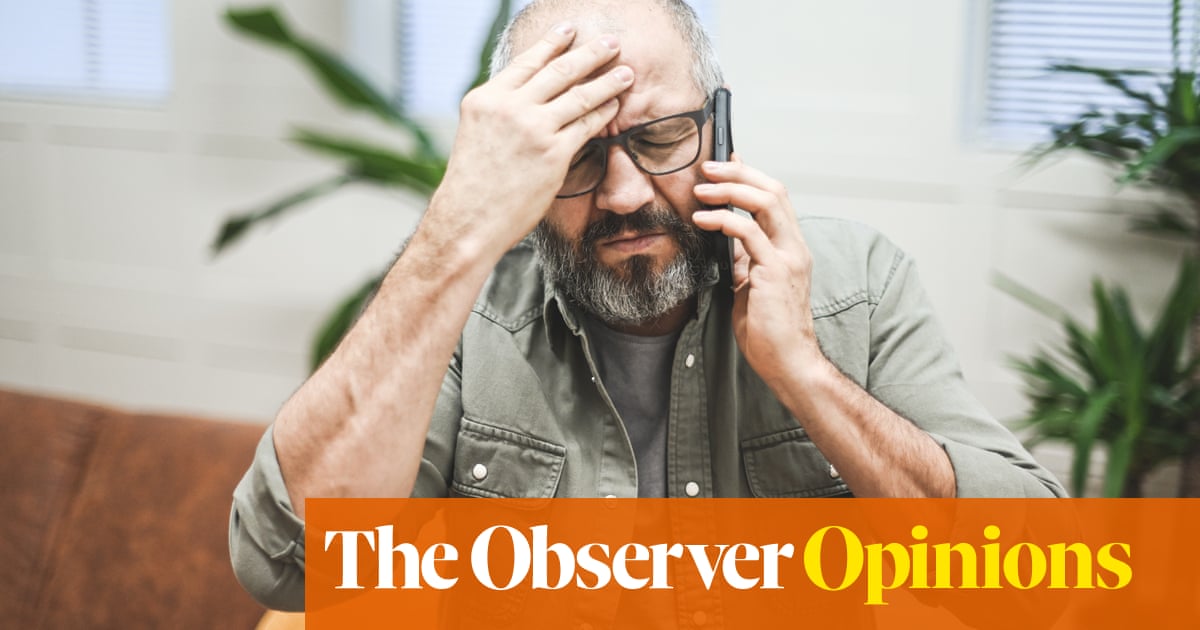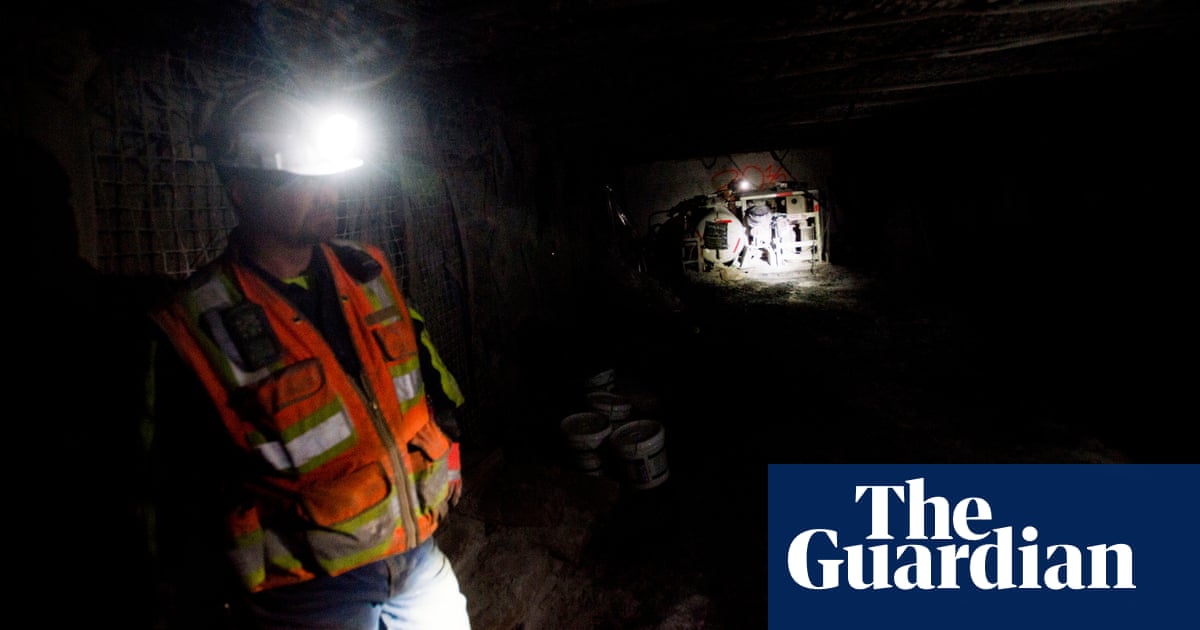Amid the sound of children excitedly practising a drama for a forthcoming performance, a yam seller calls to passers by with discounts for their wares. Outside a closed graphic design shop overlooking them from a small hill, Solange Ndonga Tibesa tells the story of being uprooted from her homeland in north-west Cameroon.
In June 2019 she and other travellers were abducted with her three-month-old baby by secessionists, who accused them of supporting the military. Their captors repeatedly hit them with butts of their guns, keeping them in a forest without food or water.
“We stayed in a forest there for two days. My baby cried [so much]... and we just became used to the mosquitoes,” said the 30-year-old. “One of the boys was asking me to take off my clothes but I begged: ‘It’s better if you just kill me than rape me,’ before the other boys intervened.”

In October, Cameroon goes to the polls, with 92-year-old Paul Biya, its president since 1982, running for an eighth term. An estimated 6.9 million people are registered to vote, but Tibesa, who fled into Cross River state in neighbouring Nigeria after her release, is one of thousands who cannot vote even if they wanted to.
The vast majority of Nigeria’s eastern flank is with Cameroon. The entire corridor is swallowed by two overlapping axes of migration due to conflict: in the upper half are mostly Nigerians fleeing jihadists such as Boko Haram and the Islamic West Africa Province; in the bottom half are Cameroonians fleeing a civil war in the English-speaking minority areas since 2017.
About 107,000 refugees have come into Nigeria from Cameroon alone, according to figures from the UNHCR, the UN’s refugee agency.
Approximately half of that number live in and around Adagom, Cross River state, where 63 hectares (156 acres) of land donated by the Nigerian government hosts open settlements. The UNHCR pays households in these communities a monthly stipend and teaches skills acquisitions.

Many refugees have integrated with their Nigerian neighbours, some marrying each other, and passionately arguing about winning or losing bets on football matches. That similar dialects of pidgin English and Ejagham are spoken on both sides of the border has also helped. That has enabled many such as Tibesa to put trauma behind them to plough on.
She is now working on being an all-rounder: she coaches a netball team, volunteers as a social worker and has taken classes in biofuel production and plastics recycling.
Next to her, Tessy Ekpang, 29, who says soldiers killed two of her uncles, cannot wait to head to Kenya this month to begin studying pharmacy, courtesy of a fully funded scholarship.
A five-minute drive away, an agricultural engineer named Edmund is fabricating solar power systems next to his fish pond with 3,000 fingerlings on a land sold to him by the Adagom community.
The land that is now Cameroon was carved apart and patched together by European powers in the 19th and 20th century with little regard for its citizens or sense of national identity. A century ago, the entire country was the German colony of Kamerun.
After the first world war, it was split between the British, which also administered neighbouring Nigeria, and the French. In a 1961 UN plebiscite, southern Cameroons voted to rejoin Cameroon, while northern Cameroons joined Nigeria.
Now a predominantly Francophone nation, it has two anglophone regions in the west. For decades, anglophones complained of being treated as “second-class citizens”.
When the military tried to quell peaceful protests about appointments of French-speaking judges and teachers in the English-speaking minority areas in 2016, armed groups known as “Amba Boys” clashed with them and declared the breakaway republic of Ambazonia.
The impact on the civilian population has been massive: among other things, schools were closed as bridges were cut in two, disconnecting villages. More than 4,000 civilians have been killed and at least 712,000 displaced within and outside the country. “No single person is in my village again,” said Ekpang.
Aid workers say half of the combined 4 million people in both regions are in need of humanitarian support, which could now be hampered by the reshaping of foreign aid.
In 2024, the US funded approximately half of UNHCR’s budget in Nigeria. “We are deeply concerned by the growing gap between needs and resources, and the massive impact [funding cuts] will have on millions of people displaced by war and persecution,” said Alpha Seydi Ba, a Dakar-based UNHCR representative.
Many say the conflict lingers because the government is unwilling to decentralise power or engage with the separatists, which it has described as terrorists. Many young men suspected of being separatists have been detained in prisons, according to Human Rights Watch.
A national dialogue organised in 2019 by Biya’s government failed as key separatist movements were not included. Canada and Switzerland have also separately tried to mediate in the crisis but with little success.
October’s election could, therefore, be crucial for any peace efforts. If Biya wins, as is widely expected, many expect business as usual. If his health keeps him from the ballot, it is rumoured that he and the party will appoint his 53-year-old son, Franck Biya, to run in his stead.
Analysts say there must be a push for dialogue again regardless of the election’s outcome. “Cameroon’s international partners should press for inclusive dialogue to resume… [and] highlight the need to strengthen governance and expedite decentralisation so the anglophone regions benefit from the autonomy their ‘special status’ should have granted them,” said Hubert Kinkoh, a researcher with the Institute for Security Studies in Addis Ababa.
For the refugees in Adagom, the clock is ticking and the losses rising.
Tibesa would love to be able to return to Cameroon. “But when I see pictures of people that have been killed, I just burst out into tears because I really love my country,” she said. “But nobody is safe. If you run to the army, the Amba Boys will pursue you. If you run to the Amba Boys, the army will pursue you.”

 3 hours ago
5
3 hours ago
5












